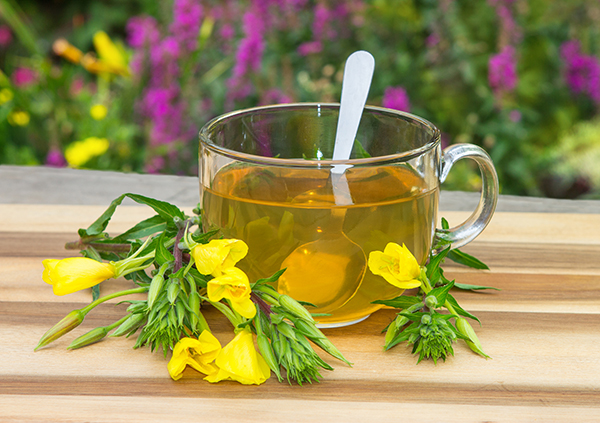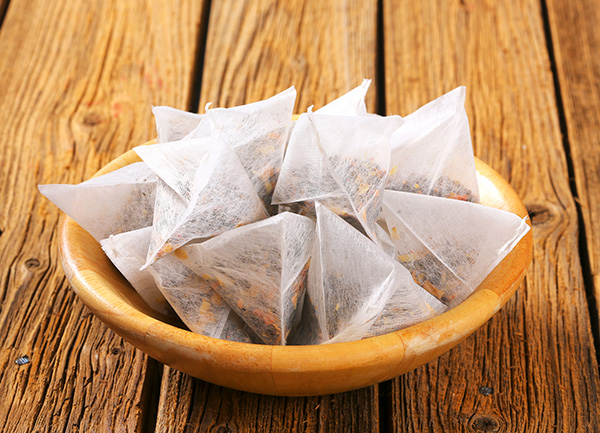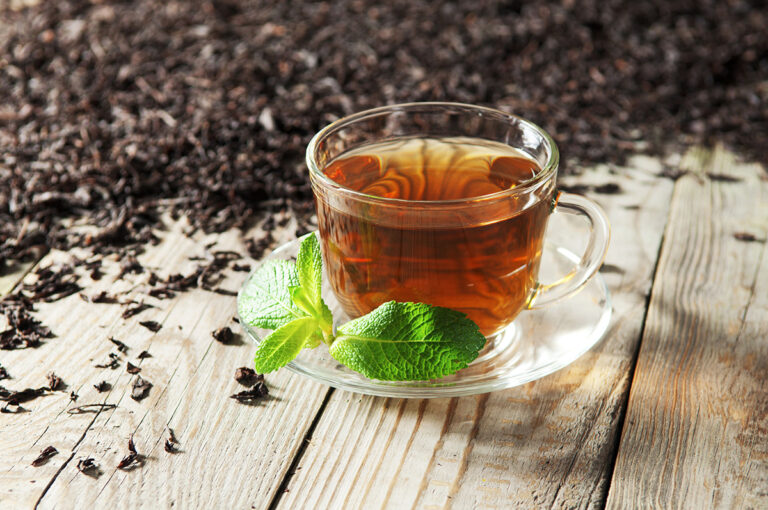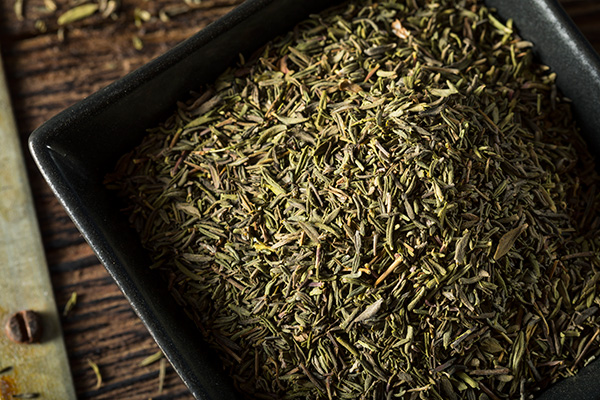Evening Primrose Tea: Benefits, Side Effects, and How to Make It
Evening Primrose Tea is a herbal infusion made from the leaves of the Evening Primrose plant (Oenothera biennis). A wildflower native to North America, this plant is commonly used for its medicinal properties. Its golden-yellow flowers bloom in the evening, hence the name. The tea derived from it offers a blend of beneficial components that contribute to its potential health benefits.

Potential Health Benefits of Evening Primrose Tea
Before we explore the benefits, remember that while herbal teas can complement a healthy lifestyle, they should not replace traditional medical treatment.
May Alleviate Symptoms of PMS and Menopause
Evening Primrose Tea contains gamma-linolenic acid (GLA), a type of Omega-6 fatty acid. Research suggests that GLA might help alleviate symptoms of premenstrual syndrome (PMS) and menopause, such as hot flashes, mood swings, and breast tenderness.
Potential Aid for Skin Conditions
GLA in Evening Primrose Tea may also have potential benefits for skin health. Some studies suggest it can help with skin conditions such as eczema and acne, possibly due to its anti-inflammatory properties.
May Improve Heart Health
The potential cardiovascular benefits of Evening Primrose Tea should not be overlooked. Its Omega-6 fatty acids may aid in reducing cholesterol levels and blood pressure, contributing to overall heart health.
Evening Primrose Tea Side Effects
As with any herbal remedy, Evening Primrose Tea has potential side effects that you should be aware of.
Possible Gastrointestinal Disturbances
Some individuals might experience digestive issues such as nausea, stomach pain, or loose stools after consuming Evening Primrose Tea. It’s advisable to start with a small amount and observe your body’s response.
Potential Allergic Reactions
Although rare, some individuals may be allergic to Evening Primrose. Signs of an allergic reaction can include rash, itching, swelling, severe dizziness, or trouble breathing. If you experience these symptoms, seek medical attention immediately.
Who Should Not Drink Evening Primrose Tea?
People with epilepsy or other seizure disorders should avoid Evening Primrose Tea as it may increase the risk of seizures. Pregnant and breastfeeding women should also avoid it as its effects on infants are not well studied.
As always, when starting a new supplement, consult with your healthcare provider.
How to Make Evening Primrose Tea
Creating a soothing cup of Evening Primrose Tea is quite simple. Here’s how:
- Boil 1 cup of water.
- Add 1-2 teaspoons of dried evening primrose leaves or flowers.
- Let it steep for around 10 minutes.
- Strain the tea into a cup and it’s ready to enjoy.
Remember, if you’re using a pre-packaged product, always follow the manufacturer’s instructions.
Final Thoughts
Evening Primrose Tea is a potent herbal drink with several potential health benefits. However, remember that it is not a substitute for medical treatment. Enjoy it as part of a balanced lifestyle, and always consider its potential side effects.
FAQ
What Does Evening Primrose Tea Taste Like?
Evening Primrose Tea has a mild, somewhat sweet taste with a grassy undertone. Its aroma is reminiscent of fresh leaves.
When Should I Drink Evening Primrose Tea?
You can drink Evening Primrose Tea at any time of the day. Some people prefer it in the evening for its calming properties.
How Often Can You Drink Evening Primrose Tea?
You can generally drink Evening Primrose Tea once or twice a day. However, always follow the manufacturer’s guidelines if you’re using a pre-packaged product.
How Long Can You Drink Evening Primrose Tea Safely?
There is no specific timeframe for how long you can safely drink Evening Primrose Tea. Still, moderation is key. If you experience any adverse effects, stop consumption and consult with a healthcare provider.






